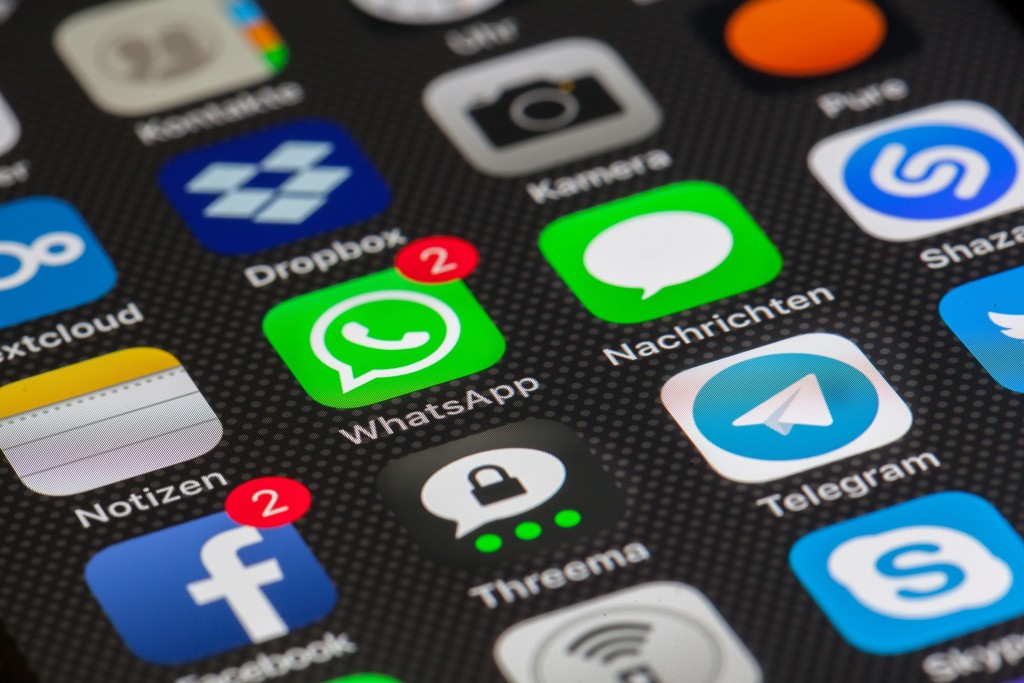Photo: Pixabay
Approximately 79 percent of Americans have some type of social media profile, according to 2019 statistics. In fact, estimates indicate that the number of worldwide users reached 2.34 billion, and that figure is expected to grow. While we still know very little about how social media impacts an individual’s behavior and mental health, some studies are now linking social media use to increased depression and loneliness. Several things may be contributing to this phenomenon.
For starters, social media provides a platform for comparing yourself with others. It’s about that feeling you get when your friends post a photo of their beach vacation and everyone in the photo is smiling and happy. When you perceive someone else’s life as being perfect and problem-free, it’s easy to start making comparisons. But people rarely share the darker aspects of their life on social media, and they may not be as happy as they appear in their photos.
We also live in a culture where celebrities often showcase their glamorous lives on social media. This can make everyone else feel like they simply don’t measure up. The problem is even more intense for individuals who struggle to perform as well as or better than their peers, which often leads to feelings of inadequacy. Individuals who check their social media feeds numerous times a day are more likely to make these social comparisons.
Another unfortunate outcome of increased social media use is the fear of missing out. This occurs when people feel like they should have been somewhere – but they weren’t invited. In some instances, they may wonder why they weren’t included and feel isolated as a result.
Any one of these situations can lead to depression and poor mental health, and in extreme instances, an increased risk of suicide. If you’re worried about social media and how it may be affecting your wellbeing, here’s what you can do:
- Decrease your social media use. Researchers who study the link between social media and wellbeing found that decreasing your time on social media can help you feel less depressed and lonely. In other words, the association is real. However, complete abstinence may not be realistic in a world where social media is so engrained in the culture. Start by decreasing the amount of time you spend on social media and see if it leads to better mental health outcomes.
- Compare yourself to yourself – not to others. Instead of comparing yourself to someone else, try to measure where you were in the past and how far you’ve come. At the same time, set some goals for what you’d like to accomplish in the future. Focusing on self-improvement is a much healthier way to measure your personal success.
- Remember that the playing field is not always level. You might be tempted to think you’re simply not trying hard enough, but life is about more than hard work. Truth is, not everyone has the same opportunities, and some people are born with certain advantages over others. It’s important to keep this in mind.
- Realize that you don’t know the whole story. When you see that photo of smiling faces on the beach vacation, don’t assume that everything is as perfect as it seems. Keep in mind that you’re only seeing a snapshot of what’s really happening in a person’s life.
Bottom line: While we know very little about how social media affects our mental health, we do know that decreased use can improve a person’s wellbeing. If social media is making you depressed, it may be time to focus on other things.
David Lowenstein, Ph.D. is a psychologist and the clinical director of Lowenstein & Associates, Inc. in Columbus, Ohio. In addition to providing therapeutic services to individuals and families, he offers training and consultation to numerous associations, schools and agencies around the country. Additionally, he is a frequent radio and TV guest and a resource and contributing writer for numerous newspapers and magazines nationwide. Contact Dr. David Lowenstein at 691 South Fifth Street, Columbus, Ohio, 43206, or call 614.443.6155 or 614.444.0432.


